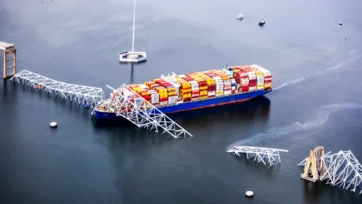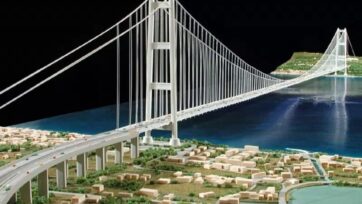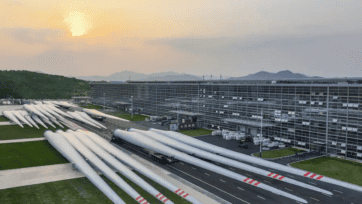In February this year, Texas experienced some of the coldest temperatures on record in the state’s history. Despite living in the energy capital of the world, many of Texas’ residents had to endure the freeze without power or water as the city’s infrastructure collapsed due to the severe cold temperatures. Many people died, and many more fell ill due to exposure to the cold. Texas, however, is not alone in being unprepared to brace extreme weather events. The events have shone a spotlight on the fragility of modern city designs in the face of weather events and infrastructure.
The first step to managing risk is perhaps to understand where the vulnerabilities are, according to Neil Greet, an expert in disaster management. Choices made by people in planning a city may well be one of the factors that play into a city’s lack of robustness for extreme weather events. When you look at the devastating bushfires on a 45°C day, in Victoria, Australia, Greet pointed out that we also need to consider whether our economic system has made the vulnerable live in areas that are most exposed to risks. An unsettling reality is that a lot of human systems we use day to day are outdated and underprepared for climate risk. Greet believes that decades of indolence may have led Australia to become complacent, which ultimately exposes us to risks of catastrophic systemic failures, and protective engineering will be essential for addressing the vulnerabilities in our current designs.

People wait in a long line to buy groceries at H-E-B in Austin, Texas, during an extreme cold snap and widespread power outage. Credit: Jay Janner/AP
Since engineers play a big role in building essential infrastructure systems, they must understand and shape the values around how cities are created, according to Greet. His view is echoed by David Rissik, Deputy Chair of Green Cross Australia and Senior Principal Climate Change Adaptation at BMT. Rissik stressed that the responsibility of determining the impacts of climate change and designing the most cost-effective solution often falls into the hands of engineers. To extend the design life of assets, new elements of design also need to be introduced, such as choosing materials that are more resilient to climate change. Rissik added that working closely with planners and environmental specialists would help engineers identify approaches that are environmentally friendly or ecosystem-based in their designs to provide more benefits to society. Additionally, outside of work, Rissik said that engineers should also engage in community discussions to help others understand climate change and its impacts.
Given Australia’s naturally variable climate, we cannot afford to be complacent about the risk of extreme weather events at home. Planning for climate change is a long-term process, and we need to be ready to learn how to address the unfamiliar and changing nature of this issue. As Dr Brendan Berghout, Chair of Engineers Australia’s National Committee has said, “while we can’t prevent extreme weather events from occurring, we can certainly plan for and mitigate the impacts.”
References
Hardy, Elle 2021, Texas freeze spotlights need for forward planning, Create Engineering Ideas Into Reality, Viewed 3rd May 2021, https://createdigital.org.au/texas-freeze-forward-planning/
Hanna, Jason, & Holcombe, Hanna, Madeline (2021), Texans brace for ice storm as they enter FIFTH CONSECUTIVE DAY without heat or water amid deep freeze, 7news.com.au, viewed 4th May 2021, https://7news.com.au/weather/texans-brace-for-ice-storm-as-they-enter-fifth-consecutive-day-without-heat-or-water-amid-deep-freeze-c-2194722





















